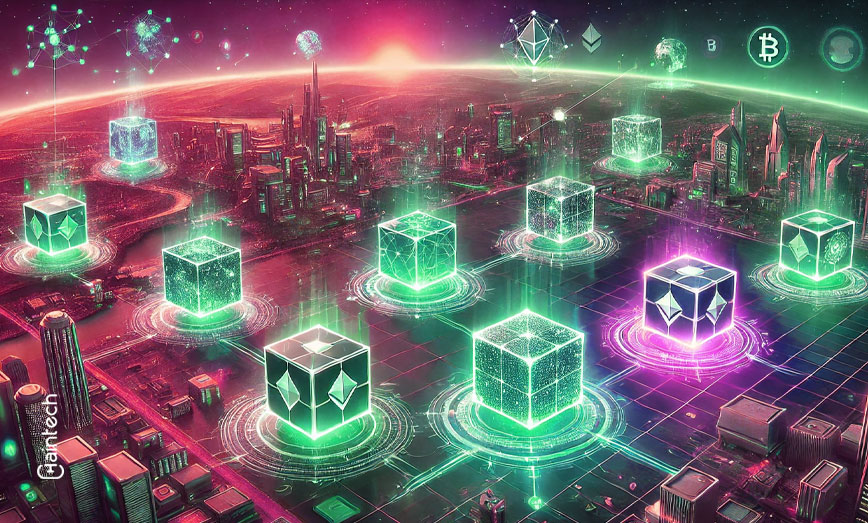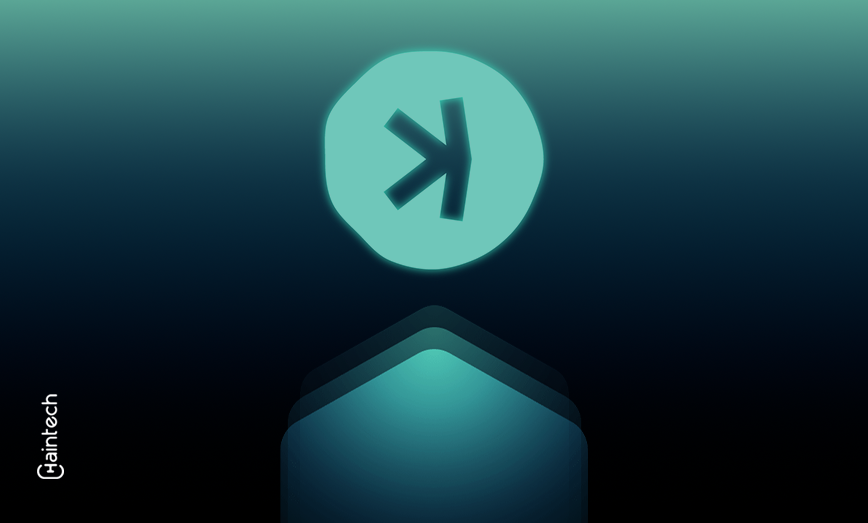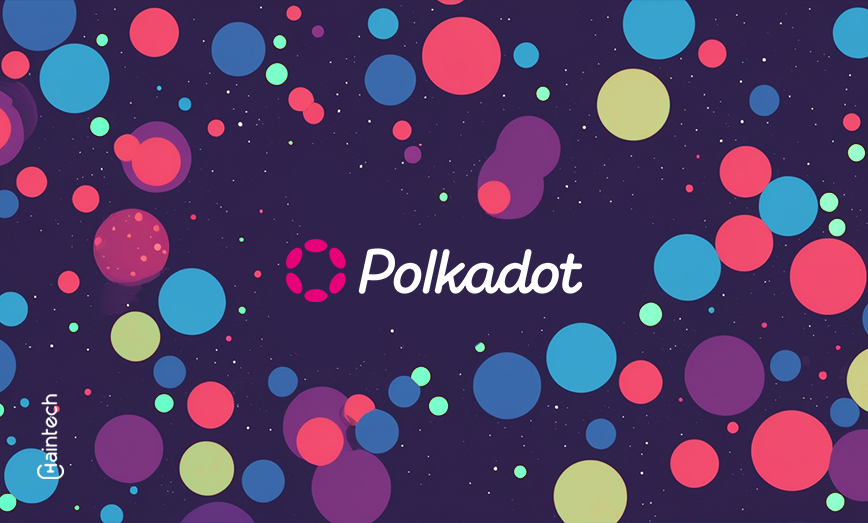Blockchain Platforms to Watch in 2025: The Ultimate Top 10 List

Imagine you want to send funds to a friend overseas. Instead of waiting for days, the payment goes through in a single instant, and this is the power of the blockchain platforms. Such platforms make transactions seamless, secure, and transparent. Recently, it has also been witnessed how businesses are now integrating blockchain to enhance their operational efficiency and reduce costs.
Now, issuing cryptocurrencies is not the only use of blockchain platforms. They are applicable in healthcare, logistics, gaming, and so many more industries. There are so many features to consider when choosing the best one that fits your needs, and this one is going to help you out in that regard.
How Blockchain Platforms Transform Businesses with Speed and Security
- Blockchain platforms solve business problems with speed and security.
- Each platform has unique strengths for different industries.
- Choosing the right one depends on your goals.
So, what is a Blockchain platform?
Think of a blockchain platform as a secure digital ledger that can be edited only by the owner or the company. It is useful for individuals and companies as it allows for the creation of applications, transactions, and trust establishment; all these are done without the presence of third parties.
Picture a train system. Each station is a block, and the train’s journey is a transaction. Once the train leaves, it’s recorded forever. That is the reason for the faith of businesses and governments in such technology. It is both pertinent and secure.
Factors to consider when choosing a blockchain platform
Just like when dealing with any product or service, gaining an understanding of the available options proves to be critical to ease in selecting the best blockchain platform. Here are some questions to guide you:
- Can it scale? Does it handle a high number of transactions?
- Is it secure? Can it protect against cyberattacks?
- Is it cost-effective? Will it fit within your budget?
- Does it meet your needs? Can it handle your specific goals?
- Will it integrate? Can it work with other systems or blockchains?
Getting these answers will help you find the best fit. Let’s explore the top 10 platforms that stand out.
Did you know?
Some blockchain platforms are so energy-efficient they consume less power in a year than a single household, reshaping how we think about sustainability in technology!
Incorporation of Blockchain into Supply Chain Management
A Breakthrough. Most significantly, blockchain manages the connection throughout the supply chain. More specifically, It helps fight issues such as, but not limited to, fraud, delays, and inefficiency, which are rampant in conventional supply chain models. In using blockchain, companies can account for the ledgers at each point in the process.
For example, Walmart employs blockchain technology to lessen the extent of potential recalls. They can trace every step of the food, making it safer for the consumers. He goes on to explain that much of the food blockchain technology concentrates on the tracking of supply chains, helping to reduce possible recalls and unnecessary deterrence from fraud.
Key benefits:
- Transparency: Tracks goods from origin to destination.
- Fraud prevention: Blockchain ensures data is tamper-proof.
- Cost savings: Reduces paperwork and errors.
- Speed: Automates processes for quicker deliveries.
- Trust: Builds confidence with real-time data.
Supply chain companies like IBM and Maersk are already leading the way. They’re showing how blockchain can bring massive improvements to global trade.
An Overview of the 10 Leading Blockchain Platforms
1. Ethereum: The Leading Blockchain of Smart Contracts
First of all, it allows you to have exposure to a considerably successful business model at a very low entry price. Depending on the product, one approach would be to expand regionally. This makes Ethereum one of the most famous blockchain platforms in existence, mentioning some of its features. Developers love it for its smart contracts. These contracts run automatically without needing a middleman. There must be recognition of the characteristic that, for example, Ethereum amendments all transactions within its network, completely ridding it of inferiority.
In addition, Ethereum’s most recent upgrades, such as its migration to proof-of-stake systems, have further increased its energy efficiency and practicality. From adapting applications to controlling transactions, whether you want to do one or the other, Ethereum is clearly the first choice.
2. Binance Smart Chain: Lower Cost and Faster Time Associated with the Transactions Involved
Binance Smart Chain is all about speed and low costs. It’s perfect for developers creating apps or running tokenized projects. Lastly, customers would be given a sense of confidence as they would be able to measure which method is fastest for them around chains and what methods have the lowest costs. Binance Smart Chain is inexpensive and rapid. With the estimated dimming set very low when compared to other chains, Ethereum and other competitors always lag when it comes to transactions being completed within the chain.
3. Solana: built for speed
Without a doubt, if you are active in this market, this is one point worth considering actively; this is especially the case for DeFi platforms. The solace of it being another decentralized finance chain is being able to accomplish higher objectives at a lesser cost.
Among the fastest blockchain platforms that are out there would be Solana the expected bloom for them is very promising. Solana has the capability of handling thousands of transactions per second, which is very ideal for many industries, such as gaming and finance.
| Feature | Ethereum | Solana | Binance Smart Chain |
| Speed | Moderate | Very High | High |
| Cost | High | Low | Low |
| Use Case Examples | NFTs, dApps | Gaming, DeFi | DeFi, Tokenization |
| Scalability | Improving | Excellent | Good |
| Consensus Mechanism | Proof-of-Stake | Proof-of-History | Proof-of-Stake |
4. Polkadot: A New Era in Blockchain Communication
It is important to note that the development of the entire network depends on the use of cross-chain communication. Using the “Polkadot” method will expand the possibilities of almost all chains.
Highlights:
- Parachains: Independent blockchains that run on Polkadot.
- Security: Shared security keeps everything safe.
- Flexibility: Developers can customize blockchains for different tasks.
5. Cardano: peer-reviewed and sustainable
Cardano focuses on reliability. Every update goes through research and review. This scientific approach ensures its technology is top-notch. Cardano is also energy-efficient, making it a favorite for eco-conscious businesses.
6. Hyperledger Fabric: business-focused solutions
Hyperledger Fabric is ideal for companies. Unlike public blockchains, it’s private and secure. This makes it perfect for industries like healthcare and supply chain. Businesses love it for its control and customization.
7. Avalanche: customize your blockchain
Avalanche lets businesses create their own blockchains. These custom blockchains, called subnets, are fast and scalable. It’s gaining popularity in industries that need tailor-made solutions.
8. Tezos: upgrade without a glitch
Tezos is unique because it can update itself without needing a hard fork. This feature ensures long-term stability. Developers trust Tezos for projects that need smooth, uninterrupted operations.
9. Cosmos: the internet of blockchains
Cosmos connects different blockchains. Its Inter-Blockchain Communication (IBC) protocol allows seamless interaction. This feature makes Cosmos a leader in interoperability.
10. Ripple (XRP): made for payments
Ripple relieves the bank’s problem of sending and receiving currencies in a different country. With Ripple, a payment can be received within seconds and at little to no cost, it is designed specifically for banks.
Emerging trends in blockchain platforms
- Custom solutions: Platforms like Polkadot allow businesses to tailor their blockchain.
- Green technology: Cardano leads with energy-efficient operations.
- Layer-2 systems: These improve speed and cut costs.
- AI integration: Combining blockchain and AI for smarter tools.
How to get started with blockchain platforms
- Define your needs: Do you need it for payments, apps, or supply chains?
- Research platforms: Find one that matches your goals.
- Test it: Start with a small project.
- Integrate: Connect it with your existing systems.
Blockchain in gaming: powering a new era
What do you say to conserving and then selling a piece of furniture or a computer game? A question, so it seems, directly addressed to the IT industry, including the electronic and online gaming industry. The blockchain is powered by machines that guarantee security and are not dependent on any third parties.
Features making waves:
- True ownership: Players own in-game assets as NFTs.
- Cross-game compatibility: Use items across different games.
- Fair play: Transparent systems ensure no cheating.
- Player rewards: Gamers can earn cryptocurrencies.
- Decentralized marketplaces: Buy, sell, or trade assets safely.
Platforms like Enjin and Gala Games are leading this space. It is only a matter of time for the future of the IT software and gaming industry. Innovative means for designing and laying out games that are not just fun and entertaining but also profitable are being developed nowadays.
Shaping tomorrow with blockchain
Blockchain platforms are revolutionizing how we work and live. Decentralized Ethereum is the key to the door, it is not a dream anymore. There is a global market place for ideas as well as smart payment solutions. Decentralized platforms are the way forward.
FAQs
1. What are the easiest blockchains to use for starters?
Binance Smart Chain is affordable and simple to use for everyone.
2. Which platform is most suitable for people who run businesses?
Hyperledger Fabric is perfect for enterprises needing privacy.
3. Can I use blockchain without coding?
Yes, platforms like Ripple are easy to use with minimal coding.
4. Are blockchain platforms energy-efficient?
Some are. Cardano and Solana are known for their eco-friendly practices.
5. What industries use blockchain most?
Finance, healthcare, gaming, and supply chains benefit the most.









